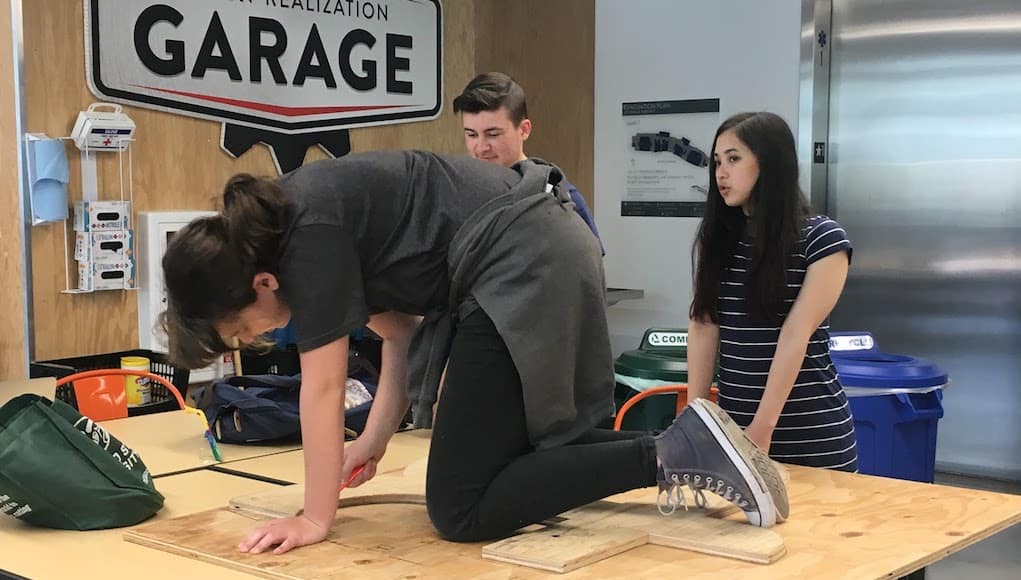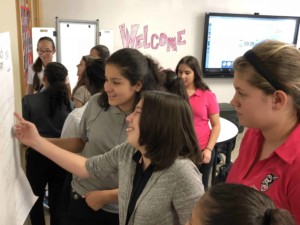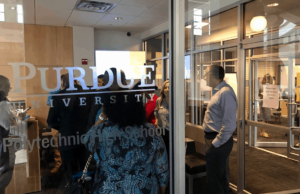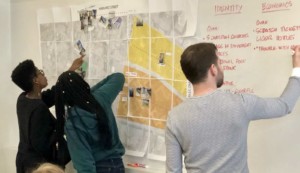3 New Literacies for the Innovation Economy

In the old days (like two years ago), you had to tell computers what to do. They are increasingly figuring it out on their own. The rise of artificial intelligence (AI), code that learns, is reshaping life and work.
We’re a couple years into a new era driven by exponential technology:
- Cheap devices (phones, cameras, and sensors), computing and storage yield big data;
- We live, learn, work, and play on platforms; and
- Our life and work have been augmented by artificial intelligence in narrow but broadening categories.
AI has quietly worked its way into every facet of life—social media and digital assistants, radiology and epidemiology, shopping and shipping, traffic management and energy production, automated manufacturing and agriculture optimization. AI promises extraordinary benefits in each of these categories.
Everyone is experiencing high change—and things will continue to speed up for our kids. That makes three new literacies more important than ever:
- Design skills: an iterative problem-solving approach;
- Entrepreneurship skills: taking initiative and learning to deliver value; and
- Social skills: collaborating on diverse teams.
We continue to learn more about human development:
- Science is yielding principles of learning including the importance of full engagement and learning in chunks to build associations.
- Deliberate practice brings knowledge out of long-term memory and reshapes and restores it.
- However, children exposed to the trauma of poverty and violence face long-lasting consequences.
There are three trends boosting family literacy:
- Smart devices, smart apps, and smart agents are getting to know you and your kids in ways that are making them more useful and responsive.
- Smart cities like Tulsa are coordinating massive early literacy efforts.
- Smart pathways to high wage, high demand jobs are becoming more affordable and accessible.
To build family literacy, we need to be on guard against three risks:
- Guidance is more important than ever. Young children need help building productive device use habits. Secondary learners need community connections, work experiences, and mentorship.
- Family supports will be increasingly important as income inequality and dislocation expand.
- Civic capacity must be built to address the waves of challenges and opportunities our communities will face.
We’ve covered a lot of ground in a few paragraphs. In short, it’s a great time to learn and it’s never been more important. Here’s the bottom line:
- For younger children: read to and with them, manage device time, and encourage them to go outside and move. Focus on social skills and school readiness.
- For middle age children travel with them as much as possible and ask them to write about what they see and learn. Ask them to design skills to build solutions to problems they care about.
- For teens, help them make community connections, visit employers, and get jobs. Help them build a public portfolio of personal bests that showcases entrepreneurial skills.
For more, see:
- Design Thinking and Other Learning Priorities to Educate Today’s Students for the Coming Automation Economy
- On Breaking Convention
- Getting Ready for the Jobs of the Future








Jean M. Devine
In The Youth Environmental Entrepreneurship Program (YEEP) (a program of Meadowscaping for Biodiversity - www.meadowmaking.org), youth practice Environmental stewardship and Entrepreneurial Problem solving while running a business where they sell and install perennial, native-plant gardens in their community. They earn a salary, work in teams, explore career paths, are immersed in nature and feel empowered by doing something positive for themselves, the environment, and their community! Waltham and Cambridge MA students loved their summer job and returned to school all charged up !